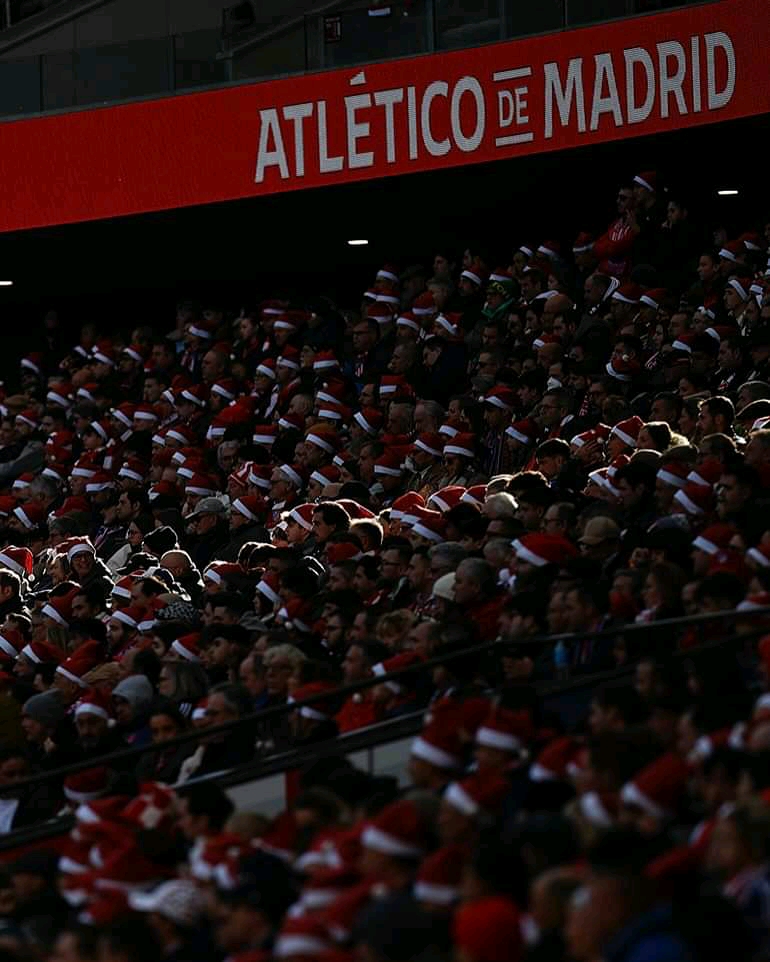The headline news in the Barcelona camp last night, of course, came in the form of confirmation that Dani Olmo and Pau Víctor had been afforded precautionary registration for the 2nd half of the campaign.
After seeing appeals rejected by both La Liga and the RFEF, Joan Laporta and co. were forced to take the matter to court.
And, in a major boost for the Blaugrana, the CSD (Spanish Higher Sports Council) ultimately came to the conclusion that the respective registrations of Olmo and Víctor should be granted.
Both, in the time since, have in turn been re-registered on La Liga’s official website.
Safe to say, however, that another of Spanish football’s leading clubs were not at all happy with this outcome.
In a lengthy statement released on Thursday evening, Atlético Madrid expressed their ‘deep concern’ with a development which they feel has called into disrepute the very ‘rules of the game’:
Club Atlético de Madrid wants to show its deep concern for the situation generated in Spanish football after the resolution adopted by the Consejo Superior de Deportes (“National Sports Council”) on Wednesday. We consider that this decision jeopardises the current system, questioning the rules of the game.
‘The Ley del Deporte (‘Sports Law’) itself includes and protects LaLiga’s economic control and yet, with this resolution, it is put at risk. LaLiga’s economic control has been the main tool that has managed to turn our football into a solvent sector, a process admired internationally
‘Our club, like all LaLiga members until this resolution, has been complying with the rules of economic control and we will continue to respect them. In fact, in order to be able to compete at the level we have been competing at in recent years, we have decided to carry out various capital increases, despite the enormous effort that this entails.
‘This government intervention creates a very dangerous precedent, as it opens the door to circumventing the rules and repeating the serious mistakes of the past. Atlético de Madrid remains committed to rigour and responsible management. Without clear and equal rules for all, no fair competition is possible.’


